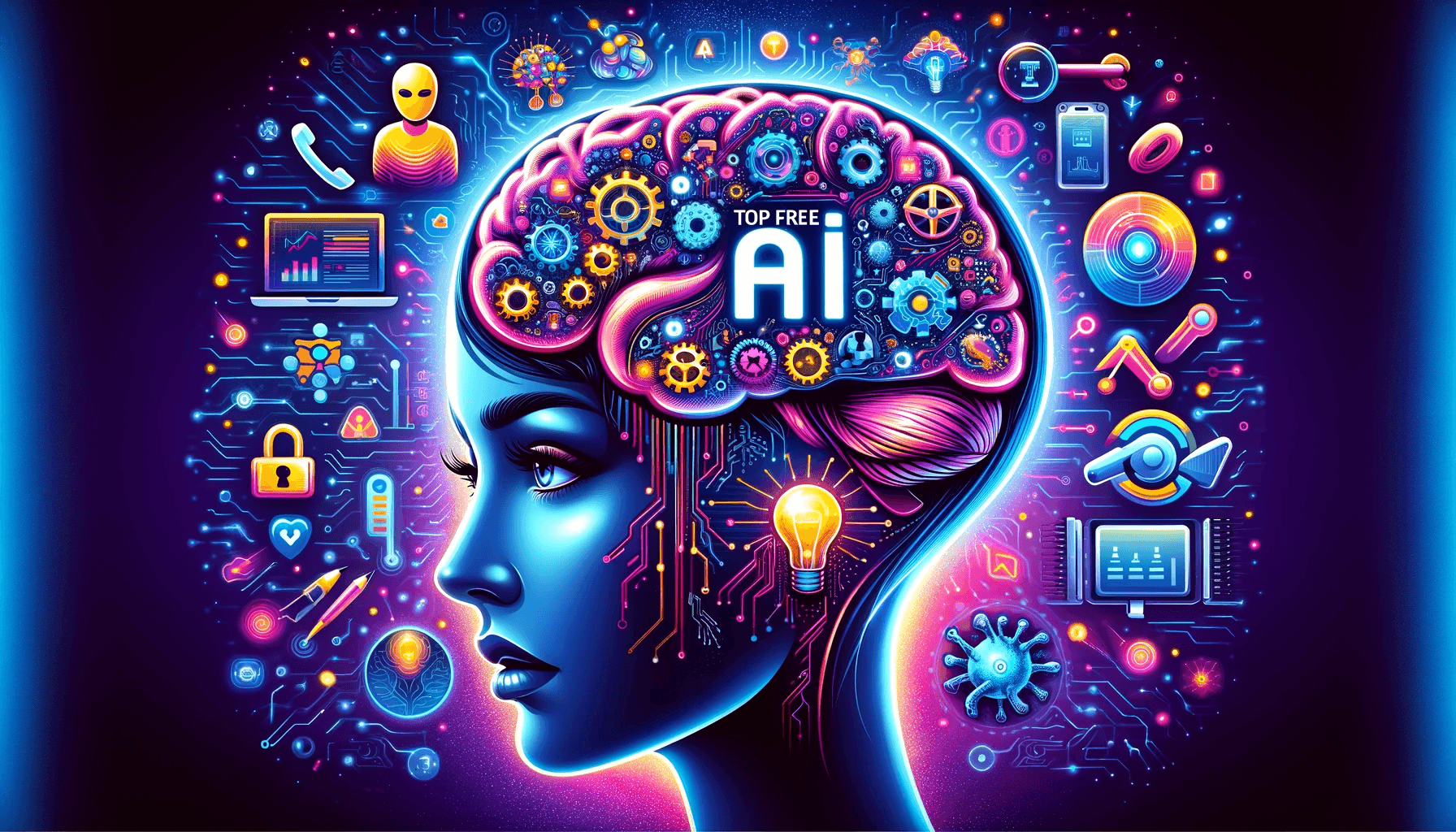The relationship between Artificial Intelligence (AI) and ethics has evolved over decades as technology has advanced. Understanding the historical context of AI and ethical considerations helps us appreciate why ethical AI is essential in today’s world.
What is AI and Ethics?
AI and ethics refer to the study and application of moral principles to the development and deployment of AI systems. This includes ensuring fairness, accountability, privacy, and the responsible use of AI technologies.
How AI and Ethics Have Evolved Over Time
The ethical conversation around AI started long before modern AI technologies existed. In the 1940s and 1950s, early discussions about machine intelligence focused on philosophical questions about machines “thinking” like humans.
In the 1960s and 1970s, as AI research progressed, ethical concerns emerged around automation, job displacement, and the role of machines in decision-making.
In the 1980s and 1990s, as AI began to impact real-world industries, issues like data privacy, algorithmic bias, and accountability started gaining attention.
From the 2000s onward, the explosion of big data, machine learning, and deep learning raised urgent ethical questions about the fairness and transparency of AI systems.
Key Milestones in AI Ethics History
- 1942: Isaac Asimov introduced the “Three Laws of Robotics,” setting an early fictional framework for ethical AI behavior.
- 1950s: Alan Turing’s work on machine intelligence sparked philosophical debates about thinking machines.
- 1980s-1990s: Growing concern about privacy and the potential misuse of intelligent systems.
- 2010s: Rapid AI adoption led to the development of ethical guidelines by organizations, governments, and research institutions.
- 2020s: Global efforts to regulate AI, including the European Union’s AI Act and increased focus on responsible AI practices.
Why AI Ethics Matters
AI ethics ensures that technology serves society in a fair, safe, and transparent way. It addresses concerns like discrimination, invasion of privacy, and the unchecked power of automated systems.
Challenges in AI Ethics
Even with clear guidelines, AI ethics faces challenges like biased datasets, lack of transparency in decision-making, and the need for international collaboration on ethical standards.
Conclusion
The history of AI and ethics shows a growing awareness of the importance of responsible AI development. As AI continues to shape our future, ethical considerations must remain a central part of its progress to ensure that technology benefits everyone.







Leave feedback about this